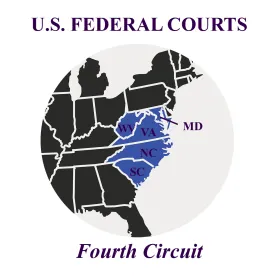Court have always construed the duty to defend more broadly than the duty to indemnify. That broad construction becomes amplified when coupled with an equally broad construction of the phrase “arising out of” in an insurance policy. Recently, the Fourth Circuit Court of Appeals found such a broad construction under North Carolina law, leading to a finding of coverage for a false claims act claim as a medical incident.
In Affinity Living Group, LLC v. Starstone Specialty Insurance Co., No. 18-2376 (4th Cir. May 26, 2020), a healthcare provider was sued under state and federal false claims acts for allegedly billing Medicaid for personal-care services that were never provided at the provider’s nursing homes. The provider sought a defense from its insurance carrier, which provided coverage for “damages resulting from a claim arising out of a medical incident.” “Medical incident” was defined in the policy to mean an act, error or omission in the rendering or failure to render medical professional services, including the health care services or treatment of a patient.
The insurer disclaimed coverage and the provider sued. The district court granted judgment on the pleadings and dismissed the declaratory judgment and breach of contract claims. On appeal, the circuit court, by majority decision (dissent was on an appellate jurisdiction point), vacated the district court’s order and remanded the case for further proceedings.
In vacating the order, the court agreed that billing Medicaid for reimbursement was not, in and of itself, a medical incident. But based on North Carolina law, the court broadly interpreted the phrase “arising out of” to require just some causal connection between the claim and a medical incident to find coverage for duty to defend purposes. Here, the court held that but for the failure to provide personal-care services, no claim would exist. Therefore, found the court, the failure to render personal-care services was a covered medical incident under the policy, which had a causal relationship to the allegedly false billing to Medicaid. The court concluded that the false claims act claims arose out of a medical incident and were covered under the insurance policy.
The court did not rule on the various other coverage defenses, including exclusions, which were not addressed by the district court and remanded the matter for further consideration.
This is yet another decision where the courts construe broadly the duty to defend. Here that duty was extended to a false claims act claim because of the broad interpretation of the phrase “arising out of” in the insurance policy.




 />i
/>i
